The Salzburg meeting would not be complete without a comment on its impact on reputation. On the one hand the reputation of Britain within the EU as it seeks to extract itself within the next six months. On the other hand the reputation of Theresa May as a leader of her own party in the UK. How much damage was inflicted on the reputation of the country and its leader at the Salzburg meeting this week?
The reputation of the country will not have been enhanced by proposing a separation agreement that was never going to be acceptable to Brussels. Ever since the Schengen agreement Europe has known that the UK was a reluctant subscriber to free movement, one of the four freedoms on which the EU prides itself. At the time our island status meant the channel entitled us to retain passport controls, however it is the focus maritime borders that now causes a problem with issue of the Irish border: the EU would tolerate a sea border but not a soft land border in Ireland. This is the main sticking point and seems currently to be no longer ‘fudgeable’.
The reputation of Mrs May as a party leader will have been damaged by Salzburg, barely a week before the party conference. She had been hoping to return waving a piece of paper promising peace in our time or what passes for the same today. Failure to secure EU agreement to her Chequers plan, means that the prospect of a ‘No deal’ exit is looking more likely. Holding the party together now looks virtually impossible and thus she will be seen as an even weaker leader than before Salzburg. Whether she was ambushed or misled is hardly the point, her reputation is on the line, despite the fact that Olly Robbins, her Brexit advisor, is probably more culpable for the failed presentation.
Corporate reputation issues slipped under the radar because of this major news story, but Ryanair became the latest victim of shareholder activism, when 30% of the shareholders voted not to reappoint the chairman David Bonderman the incumbent for the past 22 years. Even institutional investors felt that there was a need for ‘strong, independent and visible leadership’to balance the flamboyant and often outspoken CEO Michael O ‘Leary. Like Premier foods a couple of months ago, activists tried to block the automatic reappointment of the chair who they feel is failing to inspire investors. There is a new desire among investors for ‘chair visibility’ which activists exploit in lobbying for change.
The reputation of leaders, political and commercial, relies on the ability to deliver success in the eyes of those who supply the mandate to operate. Failure to deliver can ultimately lead to defenestration which is not a healthy option.
© Garry Honey is the founder of Chiron reputation risk consultants www.chiron-risk.com

